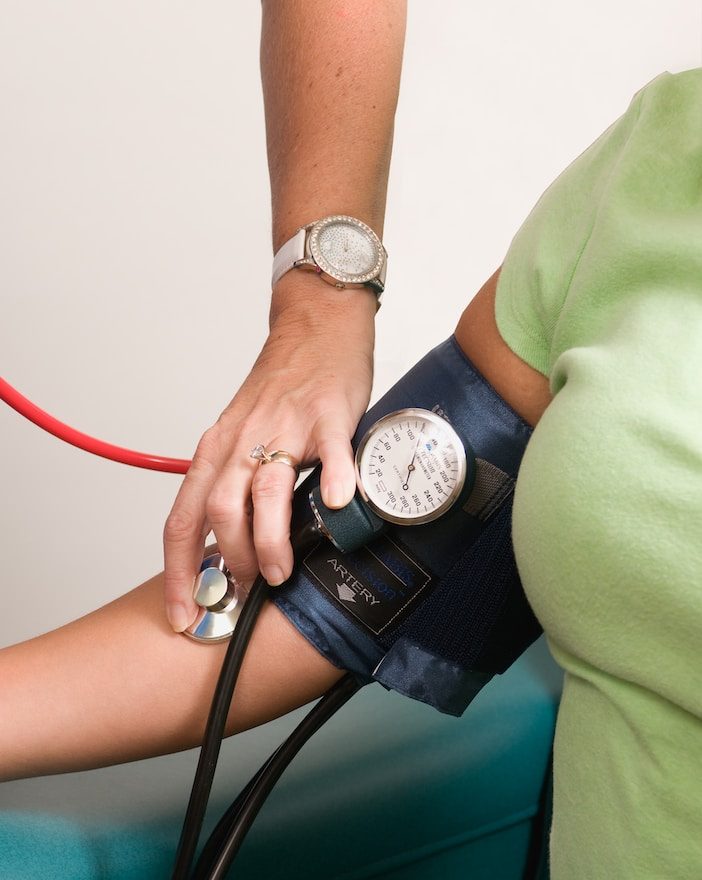This post may contain affiliate links which means I may receive a commission for purchases made through links. I will only recommend products that I have personally used! Learn more on my Private Policy page.
Regular physical activity refers to engaging in structured or purposeful movement on a consistent basis to improve and maintain your physical fitness and overall health. Here are some key points to consider when it comes to regular physical activity:
- Types of Physical Activity: Physical activity can take various forms, including aerobic exercises, strength training, flexibility exercises, and balance exercises. It’s important to include a combination of these activities in your routine to achieve overall fitness and well-being.
• Aerobic exercises: These activities, such as walking, jogging, cycling, swimming, dancing, or aerobic classes, increase your heart rate, improve cardiovascular health, and enhance endurance.
• Strength training: Incorporating resistance exercises, such as weightlifting or using resistance bands, helps build muscle strength and endurance, enhances bone health, and promotes better metabolism.
• Flexibility exercises: Stretching exercises, yoga, or Pilates improve flexibility, joint mobility, and posture. They also help prevent injuries and enhance overall movement quality.
• Balance exercises: Balance exercises, like tai chi or specific balance training routines, help improve stability, prevent falls, and maintain overall body control. - Benefits of Regular Physical Activity: Regular physical activity offers numerous benefits for your physical and mental well-being, including:
• Improved cardiovascular health: Physical activity strengthens the heart, improves blood circulation, lowers blood pressure, and reduces the risk of cardiovascular diseases.
• Weight management: Regular exercise, combined with a balanced diet, helps control body weight and contributes to maintaining a healthy body composition.
• Enhanced muscle strength and endurance: Strength training exercises promote muscle growth, increase strength and endurance, and help maintain muscle mass as you age.
• Improved bone health: Weight-bearing exercises, such as walking or jogging, and strength training help strengthen bones, reduce the risk of osteoporosis, and improve bone density.
• Increased energy levels: Engaging in regular physical activity boosts energy levels, reduces feelings of fatigue, and improves overall stamina and productivity.
• Enhanced mood and mental well-being: Exercise stimulates the release of endorphins, the “feel-good” hormones, which can help reduce stress, alleviate symptoms of depression and anxiety, and enhance overall mood.
• Better sleep: Regular physical activity can improve the quality of sleep, help regulate sleep patterns, and reduce the incidence of sleep disorders.
• Long-term health benefits: Being physically active lowers the risk of chronic conditions such as heart disease, type 2 diabetes, certain cancers, and metabolic disorders. - Guidelines for Regular Physical Activity: The recommended guidelines for adults by various health organizations, including the World Health Organization (WHO) and the American Heart Association (AHA), typically suggest:
• At least 150 minutes of moderate-intensity aerobic activity per week or 75 minutes of vigorous-intensity aerobic activity per week. This can be achieved through activities like brisk walking, cycling, or swimming.
• Strength training exercises at least two days a week, targeting all major muscle groups. This can involve using weights, resistance bands, or bodyweight exercises.
• Flexibility exercises and balance training incorporated regularly to improve range of motion, joint health, and stability.
Remember, it’s essential to consult with a healthcare professional before starting any new exercise program, especially if you have any underlying health conditions or concerns. They can provide personalized recommendations and guidance based on your individual needs and circumstances













